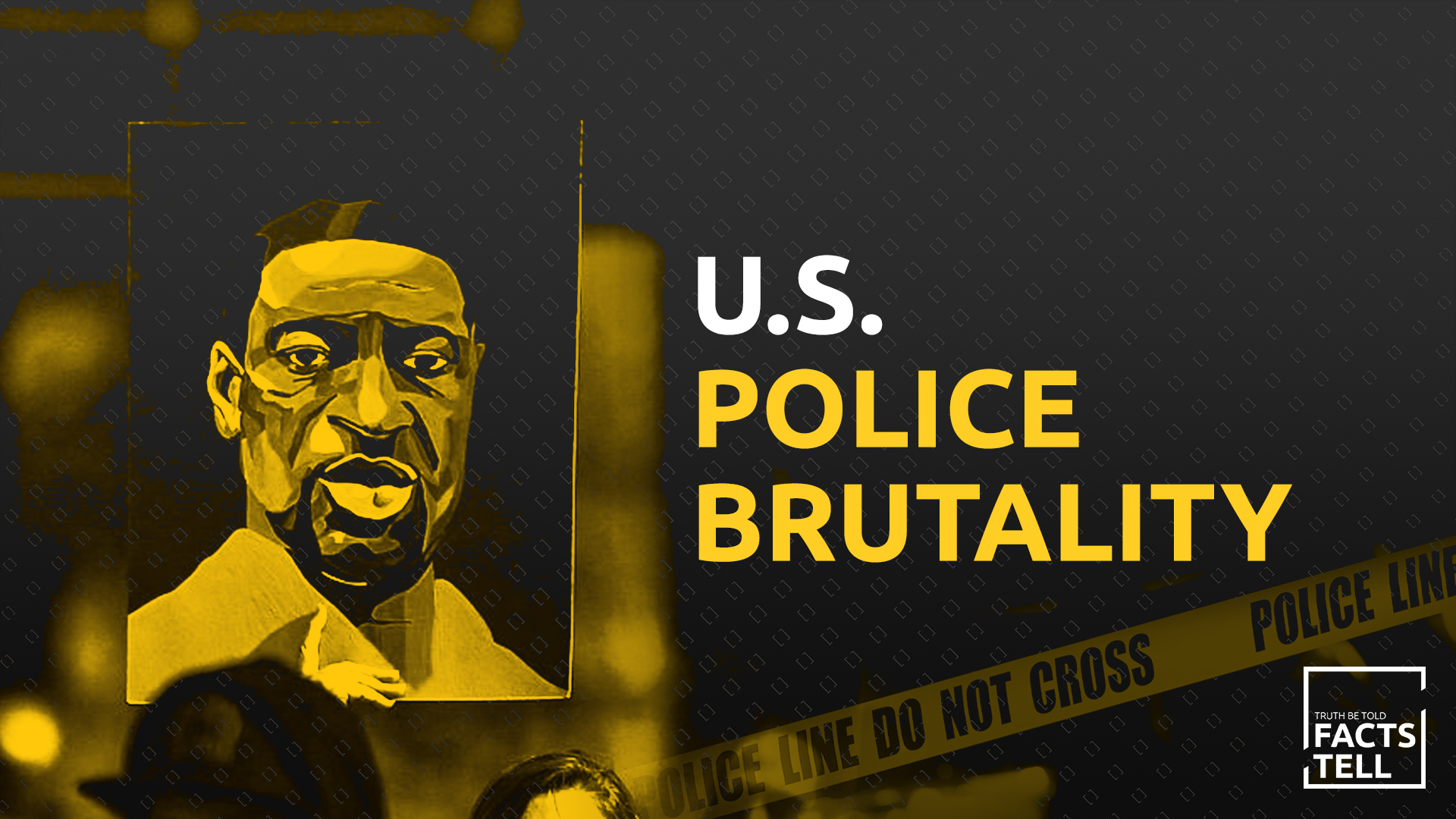04:17

For a long time, it has not been uncommon to see examples of violent law enforcement by U.S. police, especially against African Americans. However, few police officers have been convicted for their brutality. What is the reason behind this? And how can the U.S. police be held accountable?
How brutal is the U.S. police force?
Data from the research organization "Mapping Police Violence" shows that from 2013 to 2020, about 1,100 people died at the hands of U.S. officers each year.
There were only three days in 2021 as of April 18 on which police did not kill anyone. Some 98.3% of killings by police from 2013-2020 have not resulted in officers being charged with a crime.
Black people in the United States die so often in the hands of police, that some call the situation a public health crisis. African Americans are 3.32 times as likely to die from police interactions as white Americans, according to a study by researchers from Harvard T.H. Chan School of Public Health.
But U.S. police officers are seldom charged, or convicted, for killing Black people.
Why aren't they convicted?
"I think the reason is that there's been a lack of accountability. We're all taught to use deadly force as a last resort only after you've exhausted every other tool and we don't see that happening when it comes to people of color," said retired Sergeant Cheryl Dorsey, who had been a Los Angeles Police officer for 20 years, and now is an author advocating for criminal justice reform.
Moreover, there are systemic issues that protect police officers, including the "qualified immunity" legal doctrine that often makes officers immune from legal responsibility.
There are no standardized rules for law enforcement across the country and force is often judged from the perspective of what an officer considers reasonable.
How can police be held accountable?
After the death of George Floyd, a police reform bill was proposed to limit qualified immunity, set national standards for police behavior and ban the use of chokeholds and restraint techniques like the one used on Floyd.
Advocates say the bill is long overdue after years of racial discrimination in policing and growing pressure to address systemic racism, while others argue the legislation will drain resources from law enforcement and jeopardize officer safety.
The bill was passed by the U.S. House of Representatives controlled by Democrats but has little chance of making it through the Senate where it needs Republican support.
"When you change the law, you create accountability. And if you have a new set of accountability, people's behavior shifts. That's what's most important, that law enforcement agencies must train officers to de-escalate situations," said Derrick Johnson, president and CEO of the National Association for the Advancement of Colored People (NAACP).
"We must walk away with qualified immunity. We must establish a federal registry of police misconduct. Those are just some basic things, among many other things, that must happen now so that there's a different level of expectation," Derrick added.
To reform police departments, a dozen U.S. cities including New York, Los Angeles, Chicago and Seattle have all reduced police spending. Their efforts are largely seen as being pushed by Floyd's death and the protests and civil unrest that followed.
Meanwhile, Rashawn Rayto, a fellow at the Brookings Institution, wants authorities to restructure civilian payouts by moving them from taxpayer budgets to police department insurance policies. This has begun in some places. For instance, New York state lawmakers proposed that individual officers carry liability insurance.
It's true that there are systematic issues behind police brutality in the U.S.
But if you don't fight for it, change will never happen.

